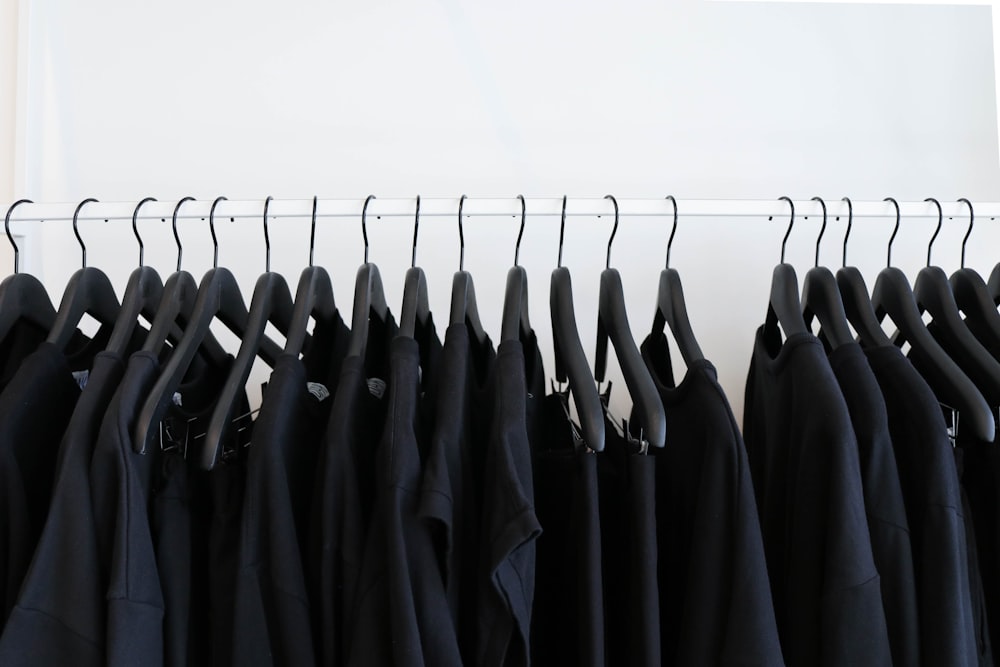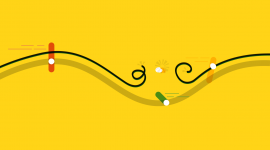Khi bước vào thế giới học ngoại ngữ nói chung và tiếng Anh nói riêng, chắc hẳn ai trong chúng ta cũng cảm thấy vô cùng đau đầu khi có rất nhiều các cặp từ phát âm gần như giống hệt nhau nhưng nghĩa của chúng thì khác nhau hoàn toàn.
Vì không phải là tiếng mẹ đẻ, nên việc chúng ta không hiểu cũng như bị nhẫm lần giữa các cặp âm này là điều hết sức bình thường.
Chính vì thế mà mình hôm nay sẽ giới thiệu với các bạn những cặp âm này nhé !!!
1. Formally & Formerly
Phát âm: /ˈfɔːrməli/
* Formally:
- ‘How do you do?’ she said formally.
- The accounts were formally approved by the board.
- Although not formally trained as an art historian, he is widely respected for his knowledge of the period.
* Formerly:
- Namibia, formerly known as South West Africa
- I learnt that the house had formerly been an inn.
- John Marsh, formerly of London Road, Leicester, now living in France
2. Heroin & Heroine
Phát âm: /ˈherəʊɪn/
* Heroin:
- Heroin is a powerful illegal drug made from morphine, that some people take for pleasure and can become addicted to.
* Heroine:
- She remains one of the unsung heroines of the Second World War.
- Jane Eyre, the eponymous heroine of the novel by Charlotte Brontë
- Violetta is one of the great tragic heroines of Verdi's operas.
- The story is narrated entirely by the heroine.
3. Cite, Site & Sight
Phát âm: /saɪt/
* Cite:
- She cited examples of companies the city has helped relocate or expand.
- Citing unnamed sources, the newspaper reports that the two companies are nearing a deal.
- There is no reason to doubt the information in the articles cited above.
- He cited personal reasons for his decision to resign.
* Site:
- The government has announced the proposed site for the airport.
- A site has been chosen for the new school.
- All the materials are on site so that work can start immediately.
- The factory will be built at a site to the north of the city.
* Sight:
- The disease has affected her sight.
- He has very little sight in his right eye.
- It's important that you have regular sight tests.
- This disease is the main cause of sight loss among those aged 50 and over.
4. Principal & Principle
Phát âm: /ˈprɪnsəpl/
* Principal:
- The principal reason for this omission is lack of time.
- New roads will link the principal cities of the area.
- Tourist revenue is now our principal source of wealth.
- My principal concern is to get the job done fast.
* Principle:
- As a man of principle, he would not cover up for his former friend.
- As a matter of principle she won't be visiting the president.
- I can't accept his offer without seriously compromising my principles.
- Stick to your principles and tell him you won't do it.
5. Know & no
Phát âm: /nəʊ/
* Know:
- The truth about what happened is not yet known.
- All I know is that she used to work in a bank (= I have no other information about her).
- I know (that) people’s handwriting changes as they get older.
- We know from experience that turning a hobby into a business is not easy.
* No:
- Sorry, the answer's no.
- ‘Another drink?’ ‘No, thanks.’
- It's about 70—no, I'm wrong—80 kilometres from Rome.
- No! Don't touch it! It's hot.
6. Cell & sell
Phát âm: /sel/
* Cell:
- Cell is the smallest unit of living matter that can exist on its own. All plants and animals are made up of cells.
- Genes for human skin exist in every human cell.
* Sell:
- He suggests she sell her house and go to Brazil with him.
- His father went bankrupt and the family had to sell their home.
- The council is planning to sell the land to developers for housing.
- I sold my car to James for £800.
7. Hour & our
Phát âm: /ˈaʊə(r)/
* Hour:
- Architects can expect to spend 40 hours a week in meetings.
- We hope to be there within the hour (= in less than an hour).
- Chicago is two hours away (= it takes two hours to get there).
- We're four hours ahead of New York (= referring to the time difference).
* Our:
- We showed them some of our photos.
- Our main export is rice.
- And now, over to our Rome correspondent…
8. Ate & eight
Phát âm: /eɪt/
* Ate:
- Barton did not feel very hungry and ate sparingly.
- Everyone happily ate the huge meal.
- I ate junk food and stopped working out.
* Eight:
- I can't read your writing—is this meant to be an eight?
- The bulbs are planted in sixes or eights (= groups of six or eight).
- We moved to America when I was eight (= eight years old).
- Shall we meet at eight (= at eight o'clock), then?
9. Buy, by & bye
Phát âm: /baɪ/
* Buy:
- Where did you buy that dress?
- She had no money to buy a ticket.
- They can't afford to buy school books.
- If you're thinking of getting a new car, now is a good time to buy.
* By:
- Can you finish the work by five o'clock?
- I'll have it done by tomorrow.
- By this time next week we'll be in New York.
- He ought to have arrived by now/by this time.
- By the time (that) this letter reaches you I will have left the country.
* Bye:
- Bye! See you next week.
- She waved bye-bye and got into the car.
- Bye for now Dad!
10. Eye & I
Phát âm: /aɪ/
* Eye:
- The ending was so sad it brought tears to my eyes.
- I could see a pair of blue eyes peering out at me.
- Her eyes widened in disbelief.
- His eyes narrowed suspiciously.
* I:
- When they asked me if I wanted the job, I said yes.
- He and I are old friends.
- I'm not going to fall, am I?
- I'm taller than her, aren't I?
- Jen and I went to London yesterday.
11. Fairy & ferry
Phát âm: /ˈferi/
* Fairy:
- Fairy is (in stories) a creature like a small person, who has magic powers.
* Ferry:
- The ferry departs at 8 p.m.
- The last ferry sails at 4 p.m.
- We caught the ferry across the river.
- We caught the ferry to Fire Island.
12. Flour & flower
Phát âm: /ˈflaʊər/
* Flour:
- Blend the flour with a little milk to make a smooth paste.
- Rub the butter into the flour.
- Wholemeal flour is more nutritious than white flour.
* Flower:
- It was the first year that the cactus had produced flowers.
- The bush was absolutely covered in flowers.
- The flowers are pollinated by insects.
- The flowers were still tightly closed.
NGUỒN: Oxford Advanced Learners' Dictionary (Examples)









